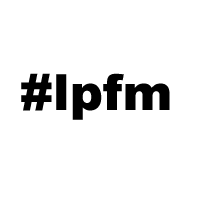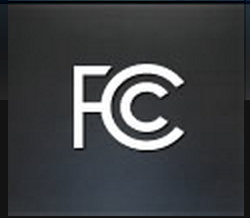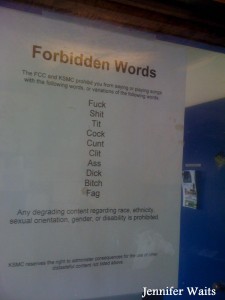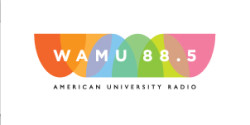An FCC action adopted yesterday serves as a good reminder to LPFM licensees to make sure to buy only FCC-approved transmission equipment. The Commission issued a citation and order (PDF) to a company called FCCFrequency for “marketing unauthorized radio frequency devices,” otherwise known as FM radio transmitters that are not approved by the FCC. A […]








